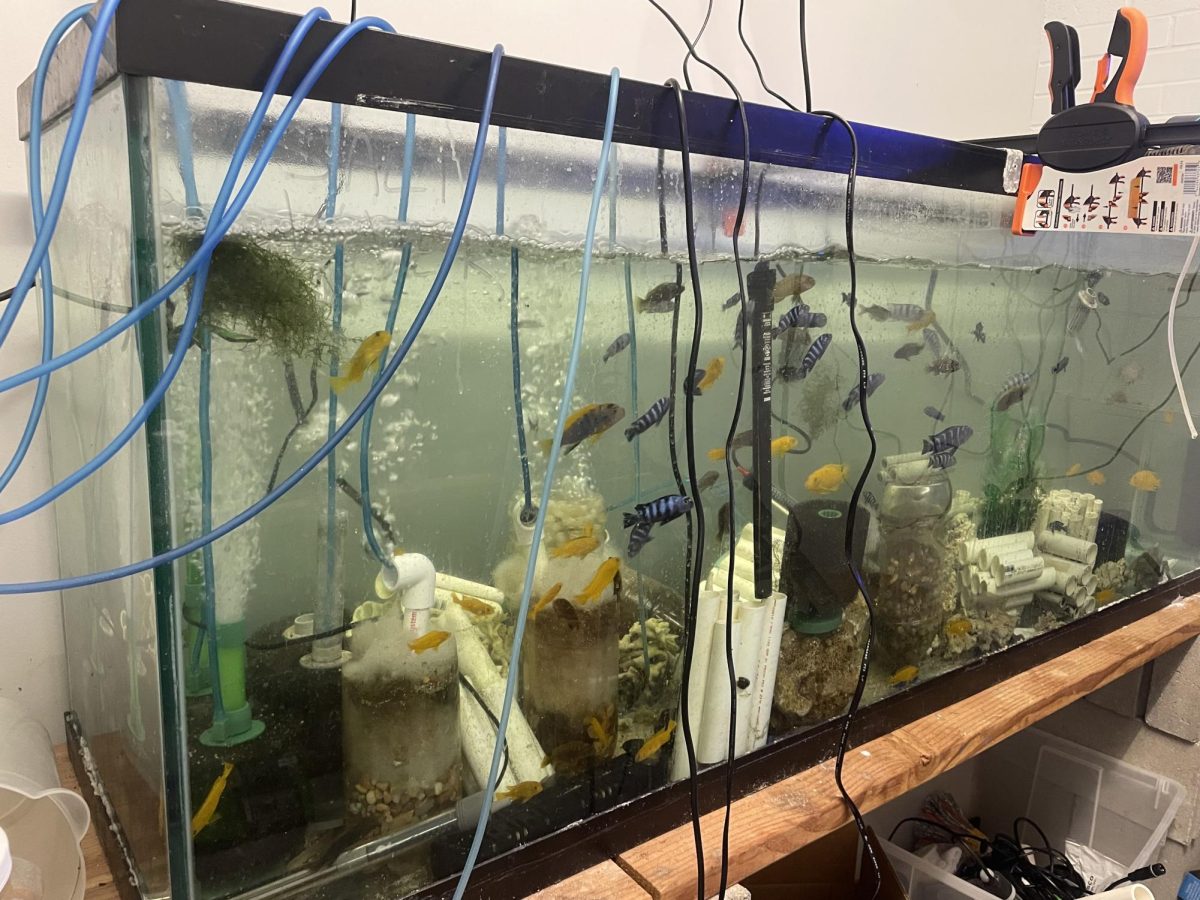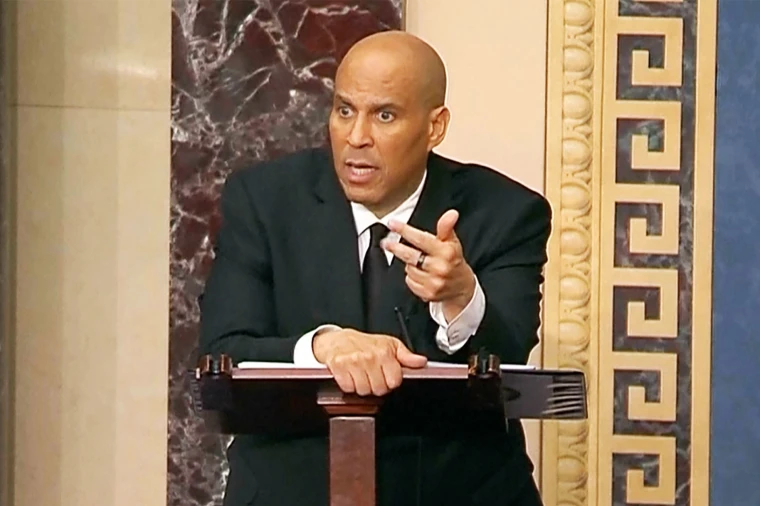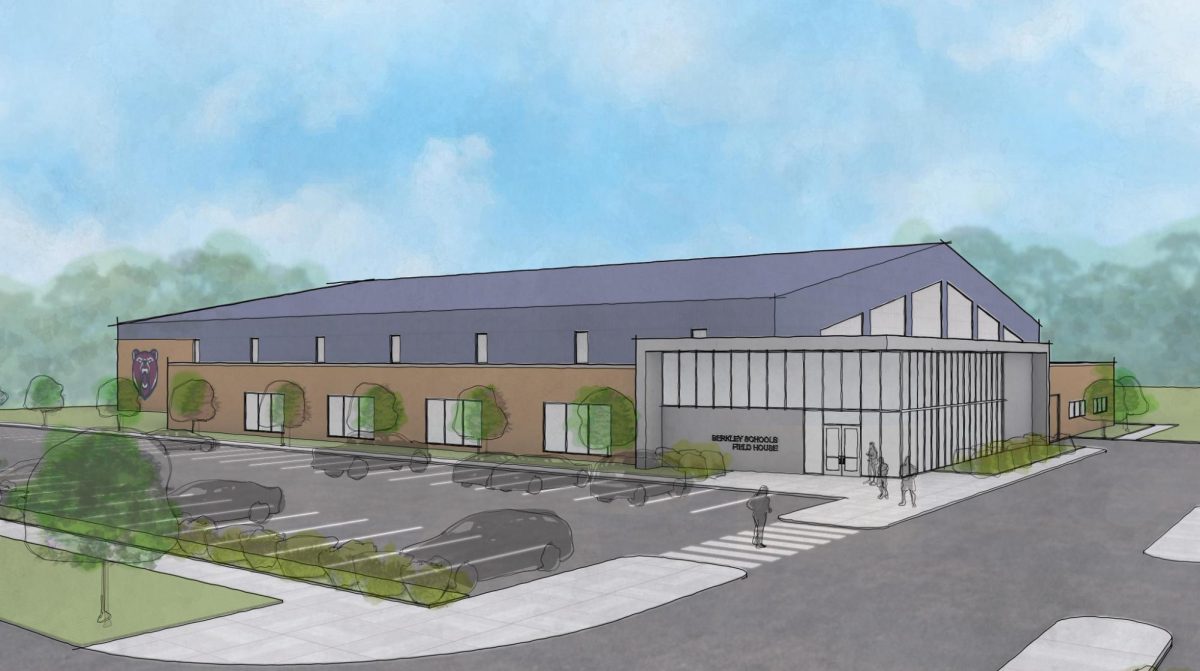The Free Application for Federal Student Aid (FAFSA) is a tremendous help to students, specifically of low-income, in affording college. According to the National Center for Education Statistics, over 85% of students receive some form of financial aid. This year, though, the FAFSA process has been far from seamless. Rather, it has added stress onto the students’ application and decision process.
FAFSA is a form of financial aid that is available to students prior to college each year. Students fill out this form to receive federal grants, work-study, and loans. Student Aid explains that colleges use your FAFSA data to determine federal aid eligibility and award their own aid. Additionally, many states use FAFSA to award aid directly. The amount of aid one gets is dependent on one’s household income, as well as the type of institution—private or public—attended, according to Bankrate.
FAFSA has undergone many delays, glitches, and errors this college-application year. The application usually opens up to students on October 1st, but this year, that date was delayed. It instead opened up to students on December 31st, almost three months late. This in itself was a disservice to students. The earlier applications are sent in, the earlier they will be reviewed by the department, and the sooner students will receive their aid packages. A three month delay to the first step of this process heavily delays everything aforementioned. Berkley senior Sharmel Gibson explains that she quickly submitted her FAFSA by January 8th. She has since heard from every single college of hers, but she has yet to receive her aid package.
This aid package is all-important for students in making their college decisions, so the delay is not inconsequential. Gibson explains that “the delay was stressful because financials are going to be my biggest decision makers”. Gibson further explains that “I only applied to schools that I loved and that had my major”, so the only other factor influencing her college choice was the cost. “The fact that that information is still not available to me is very frustrating”.
As of March 4, 2024, Inside Higher Ed stated that “the department has yet to begin processing completed applications, preventing colleges and universities from sending aid packages to students”. Decision Day, the day when one must commit to their chosen college, is May 1st. For many students who need aid supplementing the cost of college, making a decision without knowing how much financial support they will have is nearly impossible. This is reflected through information from CNN on March 22, 2024: “The Department of Education…has identified a vendor’s calculation error impacting several hundred thousand financial aid forms. The mistake could further delay students’ aid awards and, as a result, their decisions on where to go to college next year, financial aid experts warn.” As obvious, the impact of the delay is felt by students both around the country and locally.
Unfortunately, this is only the tip of the iceberg of the problems with FAFSA. Gibson shared that, “When my mom tried to fill out her portion for my FAFSA, it wouldn’t let her. It was broken for a couple of weeks and for the entirety of that time she couldn’t access it.”
Many glitches, like this one, were occurring simultaneously. The catch: it was impossible to contact the Financial Aid office. Many students have been commiserating about this experience through social media, like TikTok and Reddit pages. One said Reddit page from three months ago features 44 comments in response to a post by Muted_Editor_6498, which states his frustrating chronicles with FAFSA. He outlines a story which resonates with many of the commenters. These accounts typically have these commonalities: There is an issue while filing a FAFSA application, so the student tries to get in touch with the Financial Aid office (Muted_Editor_6498 explained that his school recommended this route, as it was the only way to smooth out their issue). When students tried to call this office, though, they went to voicemail with a message about “high call volume”, and were immediately hung up on. Applicants then tried to get in contact with the office via Live Chat, but received the message that “No agents are available”. The third attempt at communication, emailing the office, was unsuccessful; the email had a limit on what it could discuss per “security reasons” and recommended the students to call the office (which is ironic, as the reason students resorted to emailing was because of the impossibility of contact with the office through the phone). As painfully obvious, students were met with no contact from the office in every avenue pursued, and were sent on a wild goose chase.
This overview, encapsulates the extreme difficulty of dealing with FAFSA and the heightened frustration and anxiety this caused students. The comments responding to this post all share tales of a similar fate.
Even this does not fully cover the flaws in this year’s FAFSA rollout. FSApartners.ed.gov features all open issues alerts filed by FAFSA, and the list is extensive to say the least. The rollout process was a complete failure, as was the department’s inability to fix it or assist students adequately. FAFSA is a process designed to offer students aid and relieve their stress surrounding college. This year it had the opposite effect. This process added immense stress to a process which is already stressful on its own. It is still negatively impacting students, as many cannot make a decision without knowing their awarded aid. Hopefully next year this process is much smoother, as this year it created an air of uncertainty and utterly neglected the needs of these students.









